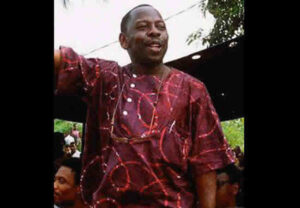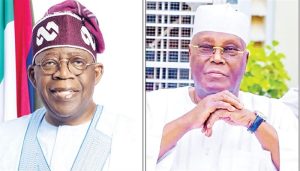
The International Criminal Police Organisation (Interpol) has declined to act on a “wanted” alert issued by Nigeria’s Economic and Financial Crimes Commission (EFCC) against Lagos businessman Bashir Haske, son-in-law of former Vice President and opposition leader, Atiku Abubakar.
In a statement on Friday, Interpol explained that its rules prohibit involvement in cases driven by political, religious, racial, or military motives.
“Interpol will not help any member country pursue politically motivated cases,” the France-based body said, noting that it was mindful of Atiku Abubakar’s position as Nigeria’s foremost opposition figure.
The EFCC had earlier declared Mr. Haske wanted for alleged money laundering despite an existing court order restraining the agency from taking such action. Reports indicate that the development is linked to wider political manoeuvres, with Mr. Haske’s ties to Atiku allegedly weaponised in a tussle over influence within the Nigerian National Petroleum Company (NNPC).
Sources suggest Mr. Haske may have fled the country following a brief detention in July.
Critics have long accused the EFCC of being used as a political tool against opponents since its establishment in 2003. Despite repeated denials, the agency has faced persistent allegations of bias, weak investigations, and reliance on media trials instead of watertight prosecutions.
Interpol’s swift rejection of the notice has continued to generate heated debate among Nigerians, particularly in political and civil society circles.
The development comes on the heels of similar controversies, including the recent arrest of former Bauchi State governor, Aminu Tambuwal, which activists and analysts widely described as politically motivated.







